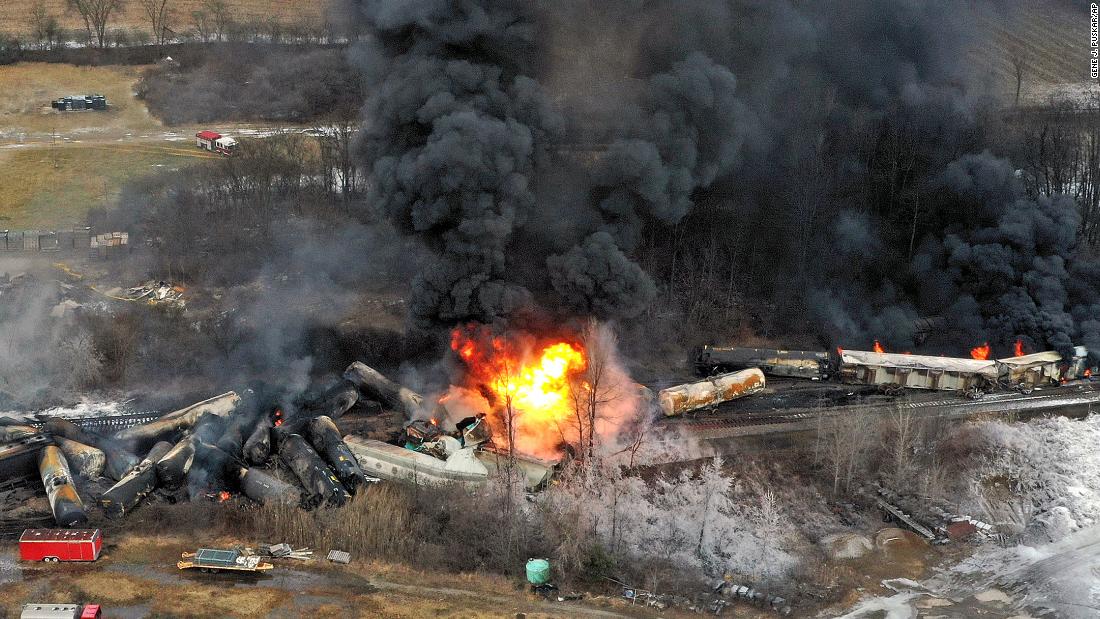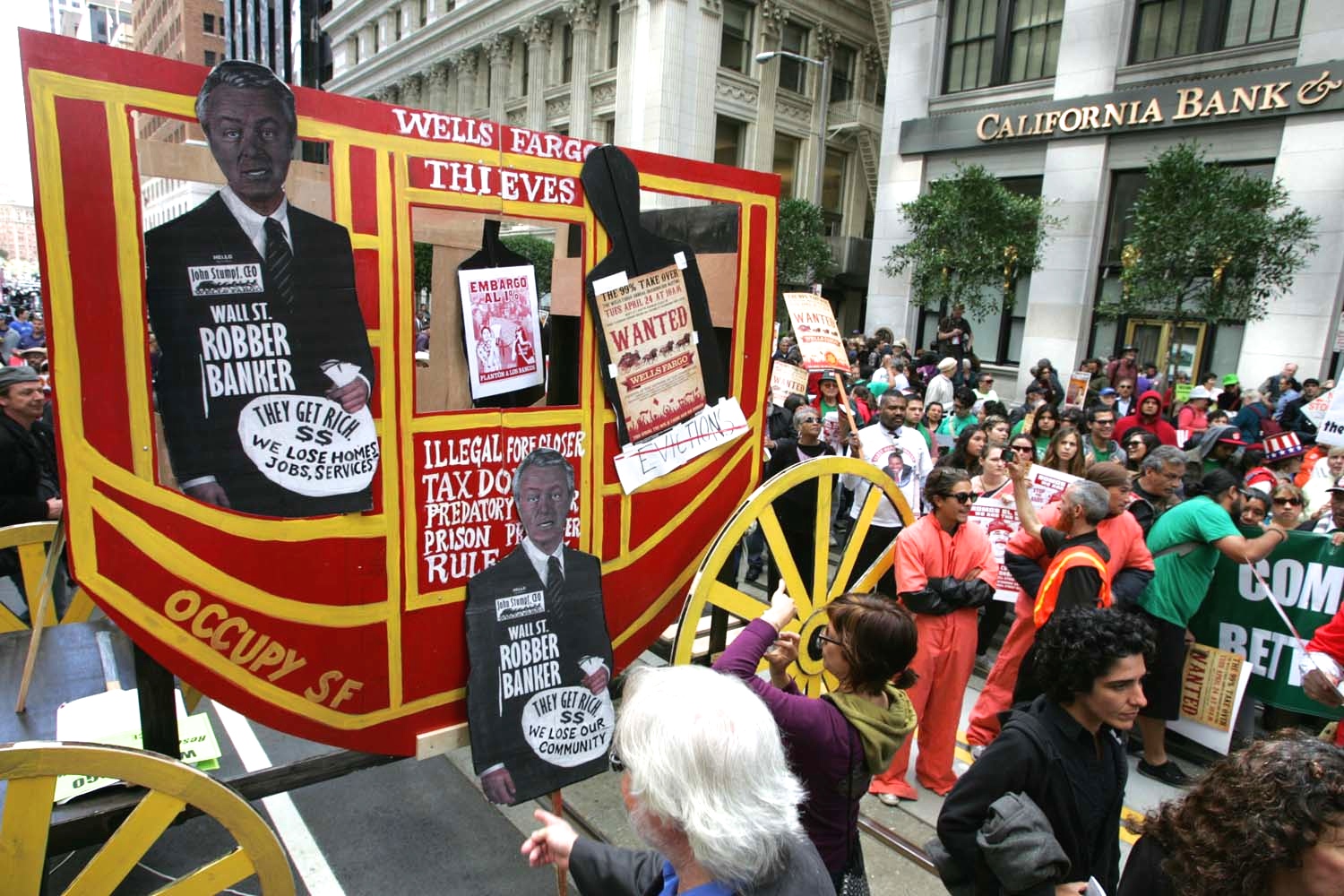
When an apparent contract impasse between rail unions and management threatened to bring about a national shutdown late last year, the Biden Administration was quick to act. Unfortunately, the action it took was to ban the walkout without requiring any concessions from the giant rail corporations.
Two months later, a freight train operated by one of those corporations, Norfolk Southern, derailed in East Palestine, Ohio. Many of the 150 railcars—which included tankers filled with hazardous materials such as vinyl chloride—caught fire and burned for days. During this time, the Biden Administration was widely criticized for failing to act promptly.
After a couple of weeks, the administration did catch up, especially once the Environmental Protection Agency got more directly involved. Now the EPA is in charge of the response and is finally requiring Norfolk Southern to remediate the area under plan approved by the agency rather than doing the voluntary cleanup the company had previously promised.
Like many accidents before it, the East Palestine derailment has brought to light some disturbing truths about the way in which the federal government regulates—or fails to regulate—the railroad industry. It is in the wake of these incidents that all the claims by rightwing legislators and corporate executives about heavy-handed oversight of business are revealed to be baseless.
Instead, the problem with railroads is that they are under-regulated and that government officials are too chummy with the major carriers. This is especially true with regard to the Federal Railroad Administration, the unit of the Transportation Department responsible for rail safety.
The FRA’s gentle approach to regulation goes back many years. Here’s an excerpt from a 1996 article in the Los Angeles Times:
The National Transportation Safety Board on Wednesday blamed the Federal Railroad Administration, the Burlington Northern Santa Fe and the railroad industry as a whole for February’s disastrous freight train wreck in the Cajon Pass near San Bernardino…The board said the runaway train derailment apparently occurred because the FRA, the industry and the Santa Fe division of the newly formed Burlington Northern Santa Fe railroad failed to ensure that the train was equipped with a backup electronic brake system that probably could have stopped the train after its main braking system failed… “The problem is that we asked the FRA to do something immediately, and they didn’t do it,” Robert Lauby, chief of the NTSB’s railroad division, told the board.
A 2004 article in the New York Times documented close personal ties between FRA officials and industry executives and lobbyists, adding: “Critics of the agency say that it has, over the years, bred an attitude of tolerance toward safety problems, and that fines are too rare, too small and too slowly collected.” A 2005 audit of the FRA by the Transportation Department’s inspector general expressed concern about the agency’s failure to adequately address systemic safety problems in the industry.
In 2015, following a series of derailments and spills of trains carrying crude oil, the FRA proposed new regulations that were widely criticized as inadequate by members of Congress, state and local officials, and safety advocates.
The Obama Administration did, however, try to implement new rules requiring trains carrying “high hazardous materials” to install electronic braking systems to stop trains more quickly than conventional air brakes. The rule was finalized in 2015, only to be repealed as part of the Trump Administration’s crusade to eliminate regulations.
Reporting published since the East Palestine disaster depicts Norfolk Southern as having taken full advantage of the FRA’s lax oversight and as one of the most aggressive opponents of a proposed regulation that would bar railroads from operating trains with only a single crewmember.
In recent years the company has boosted profits while its accident rates have grown, leading to charges that it is cutting corners on safety to fatten the bottom line. A USA Today analysis found that Norfolk Southern has had the second-highest rate among the major railroads each year since 2019.
The exact cause of the East Palestine derailment is not yet known. If the National Transportation Safety Board finds it was something preventable, that will put heat on both the company and the FRA. The company will face calls to invest more to upgrade its equipment, even at the cost of profits. And the agency will feel new pressure to end its cozy relationship with the industry and show that it is serious about protecting the public.









You must be logged in to post a comment.